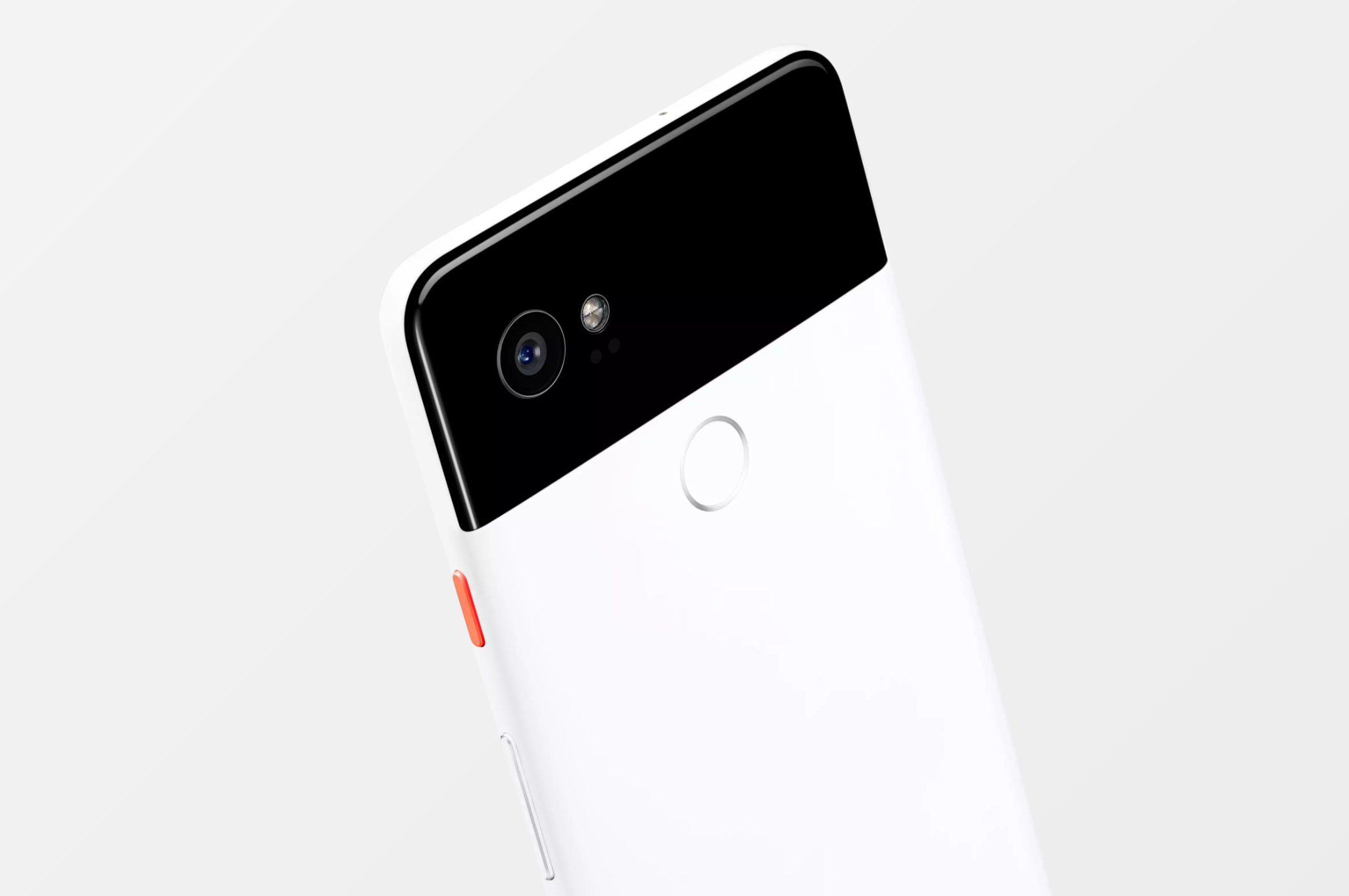All Phones Are the Same

Credit to Author: Jason Koebler| Date: Wed, 04 Oct 2017 18:05:26 +0000
Wednesday, Google announced Pixel 2, the phone that’s for people who want an iPhone but also the street cred that comes along with not owning an iPhone.
What has become clear in the last month—with the release of the Samsung Galaxy Note 8 and the iPhone 8 as well as the announcement of the iPhone X and the Pixel 2—is this: All phones are the same now.
Let’s quickly run through the features of the Pixel 2:
– No headphone jack
– Pixel buds bluetooth headphones
– Portrait mode
– Squeeze to do stuff
– Augmented Reality
– Augmented reality STICKERS
– “Motion Photos”
– Better camera
– Water resistant
– USB-C
– Comes in normal and XL sizes
– Runs Android
And the iPhone 8:
– No headphone jack
– Air Pods
– Portrait mode
– Augmented Reality
– Messenger stickers
– Live photos
– Better camera
– Wireless charging
– Water resistant
– Lightning port
– More breakable than the old model
– Comes in normal and Plus sizes
– Runs iOS
And the truly new features on the iPhone X:
– Unlocks with your face with sensors that are different than the other phones that unlock with your face
– Has animated emojis
– No button, no bezel … thank’s
The only “new” thing that a Pixel does is the squeeze function—which has already been done in an HTC device. What we have hit is the commodification of the smartphone, and to a similar extent the laptop and the at-home personal assistant (do you want a Pixel Book or a MacBook or a Surface Book? Do you want an Echo or a Google Home or a HomePod?). The only reason to purchase a new smartphone now is if your current phone is irreparably broken or is no longer supported by software updates.
This is … fine, and was inevitable at some point—after the insane rate of innovation over the last 10 years, there was no way companies would be able to reinvent the phone every year. But let’s stop pretending that iterative advances in camera technology, regression in audio delivery, and picking and choosing the best features of every other phone in the market can pass for major progress. All this, at the expense of what could be needle-moving steps in sustainability, repairability, and modularity.
Your choices now are between Pure Android (Pixel), Apple’s restrictive but functional and ubiquitous iOS, and more powerful phones but slow Android updates (Samsung). So what you’re really choosing is not a phone, it’s an operating system and an ecosystem to play in, as well as the image you’d like to project to the world (indie cred of Android, security cred of iOS), and the type of charger you’re going to ask your friends or the gas station for when you forget yours.
If you want to be a citizen of society, there are no true alternatives to iOS and Android, and the lock-in effect of iMessage and photo apps makes it increasingly difficult to switch between the two operating systems. So, which phone are you going to use for the rest of your life?
https://motherboard.vice.com/en_us/rss